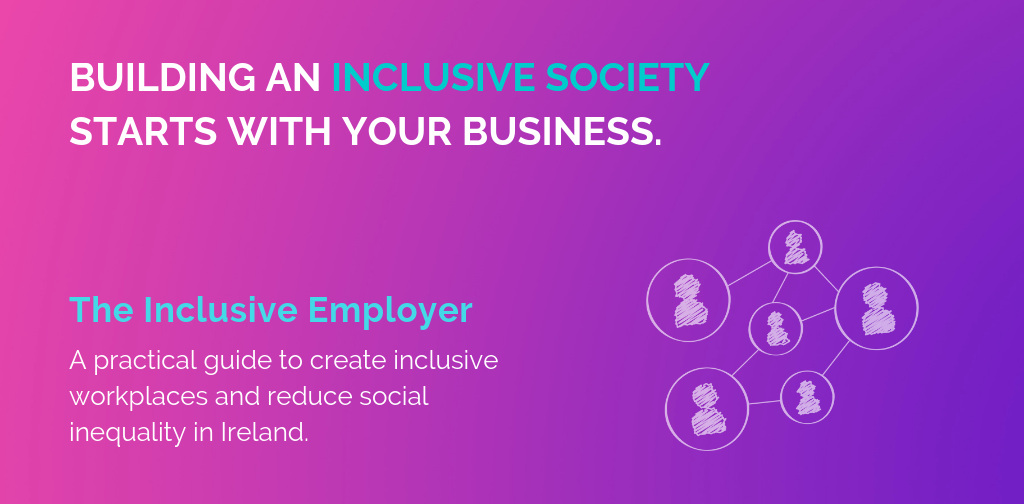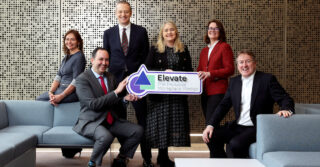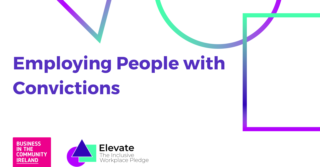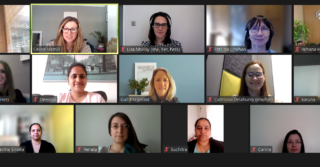Work placements offer alternative recruitment channels and support inclusion
Last month KBC Bank hosted the first Inclusive Employer meeting in Cork. At the session Munster based companies described their schemes to support apprenticeships and work placements which in the majority of cases provide candidates that they can recruit and progress through the organisation.
According to Louise Murray our Senior CSR Adviser, the logic stacks up. “We are told that today’s labour market is reaching full employment and yet, the ESRI has pointed out persistent levels of unemployment among jobless households, lone parents, the homeless or those affected by housing exclusion, people with a disability and ethnic minorities. This also impacts on families, communities and society. Including these cohorts in the workforce is paying off for these companies. Where external job adverts look for a certain level of experience or qualifications, it may be that someone on an apprenticeship or a traineeship internally already knows the business. If the business knows and trusts them, they can often be a better fit with prospects for further training.”
Companies described how their schemes have become part of the workplace culture, where hiring managers and wider staff are notified and expect to see the trainees on the premises. Now too, after several years learning, the companies have tried and tested structures and procedures for introducing recruits to the workplace and their roles.
Initiatives
Among the initiatives explored by companies to recruit from outside mainstream paths were:
- Re-examining the qualifications needed for each role to ensure they are necessary and to see where alternative recruits could be just as competent
- Running apprenticeship schemes which can take patience to see through, depending on how long the apprenticeship is
- Co-designing trainee schemes with training bodies and taking candidates for work placement
- Hiring people with intellectual disability with the support of community partners that can buddy with the candidates to identify any supports required.
The discussion highlighted that success has some common factors: structure for candidates entering roles – just as there would be in any form of recruitment; collaboration with community partners who have expertise in engaging with the target groups; and measuring the impact of what companies are achieving in their communities through this intervention.
How can business make a significant step forward?
This is a change management project requiring the same approach as any business transformation. The steps may vary from one organisation to another:
- Develop a clear business case with support from senior leadership
- Communicate a vision of what success would look like and what it would mean to the business – why you should do this
- Involve/listen to stakeholders in the business, address concerns, providing training, empower people to support the goal
- Engage organisations who can provide support; develop local champions
- Build on the success of pilot programmes; mainstream the process
This group will be meeting again in September in Cork (date TBC). Any company is welcomed to attend, particularly those from the Munster region. Please let your account manager know or contact events@bitc.ie.
Find out more about our Inclusive Employer blueprint.
Visit our sustainability areas of expertise to see how we help businesses on diversity & inclusion in the workplace.
Tags:







